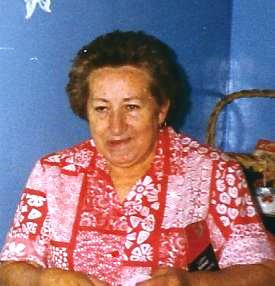President Trump has been in office nearly three months, but he’s still missing two key members of his economic team.
Robert Lighthizer, the nominee for U.S. trade representative, and Alexander Acosta, Trump’s pick for labor secretary, have yet to advance to the full Senate for confirmation votes.
They will remain in limbo for at least two more weeks. Congress is in recess until April 24. Both are widely expected to be confirmed, but it’s not clear when.
The vacancies leave Trump without two players who would be pivotal in crafting and executing economic policy.
As labor secretary, Acosta would oversee America’s job market and workplace regulations. The department also generates the unemployment rate.
Lighthizer, meanwhile, would lead an agency in charge of negotiating trade deals and disputes. Former President Obama’s representative negotiated the Trans-Pacific Partnership.
Trump tapped Lighthizer, who once worked in the Reagan administration on a trade team that favored protectionist measures, as his pick for trade representative on Jan. 3.
While Lighthizer testified before the Senate Finance Committee last month, those lawmakers have yet to send his nomination to the Senate floor for a full vote.
Senator Ron Wyden, the committee’s top Democrat, has argued that Lighthizer needs a statutory exception to take the job because of his previous lobbying work for foreign governments.
Democrats want to tie that waiver to a measure that would guarantee health care and retirement benefits for miners.
Committee chairman Orrin Hatch has said he doesn’t think the waiver is necessary but will consider it.
In a statement last week, Hatch asked the Democrats to remove their “unrelated demands,” adding that “we cannot afford to have this crucial position void of leadership any longer.” An attempt to vote on Lighthizer last Thursday was postponed because not enough committee members could show up.
Acosta, the labor nominee, is a step closer to confirmation. The Senate Committee on Health, Education, Labor and Pensions voted along party lines March 30 to send him to the floor.
Acosta was tapped for the job in February after Trump’s first choice, fast food executive Andrew Puzder, was forced to withdraw amid waning Republican support.
Acosta, a law school dean who led the Justice Department’s civil rights division under President George W. Bush, has largely avoided the kind of controversy that dogged his predecessor. Unlike Puzder, Acosta has spent much of his career in public service.
Still, the labor secretary nominee revealed little during his senate hearing last month. Acosta avoided standing a stand on several Obama-era labor policies during his hearing.
He would not say whether he’d defend an Obama administration rule on overtime that was put on hold by a federal judge late last year.
Acosta also didn’t reveal his position on the fiduciary rule, an Obama policy that blocks retirement advisers from accepting financial incentives to promote certain funds. Trump in February signed an executive order requiring the Labor Department to review the rule.
— CNN’s Manu Raju and CNNMoney’s Julia Horowitz contributed to this report.



